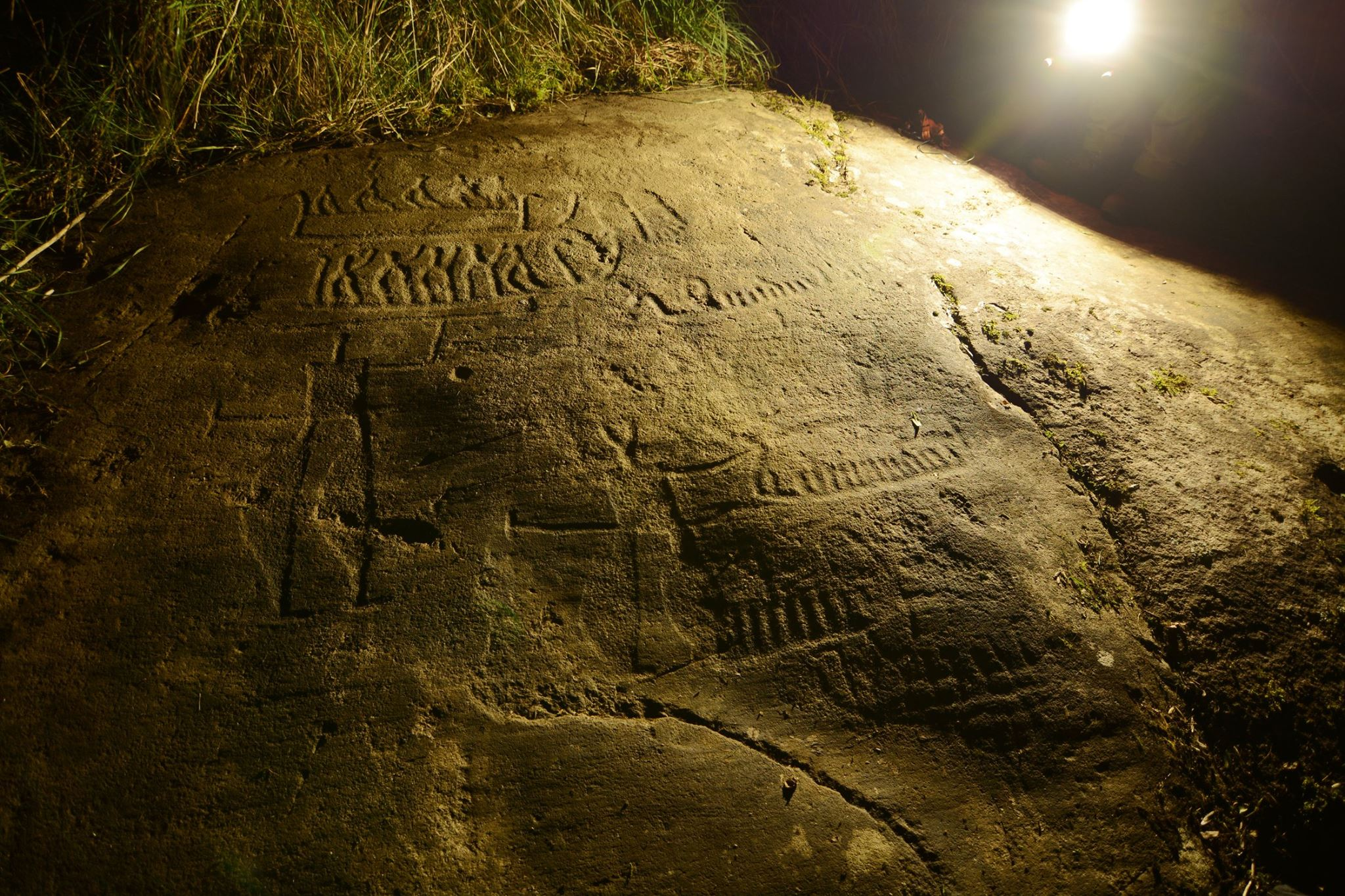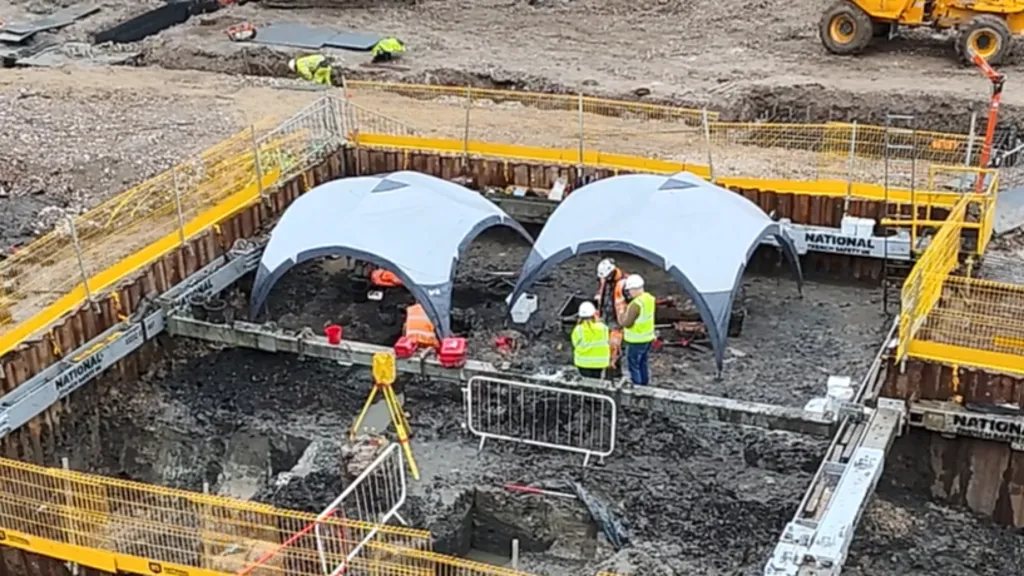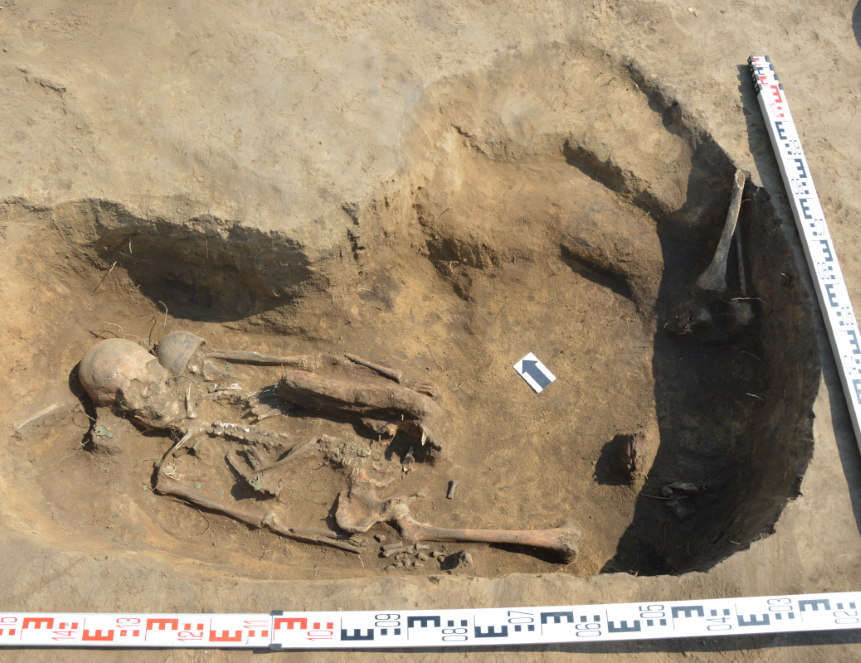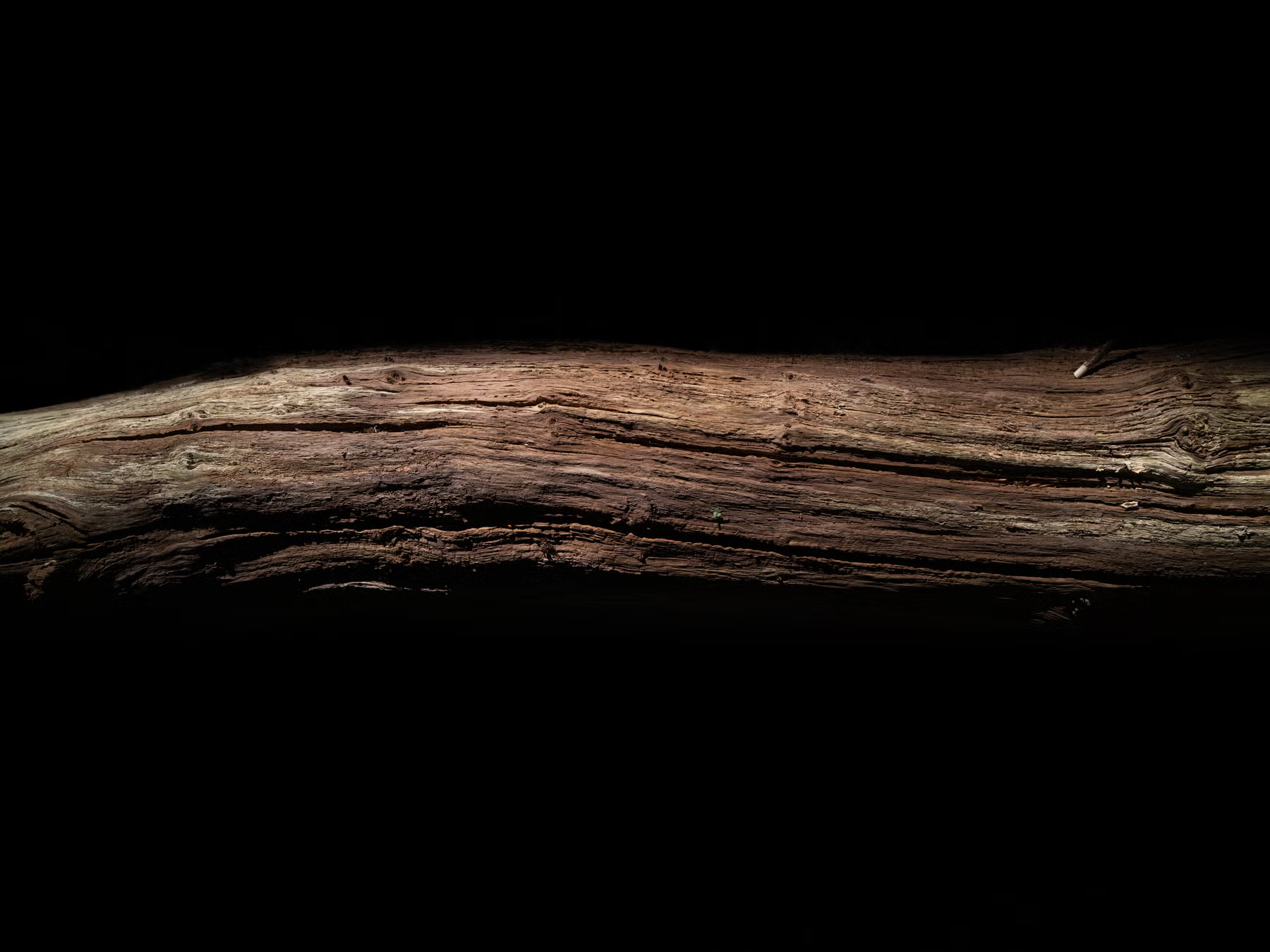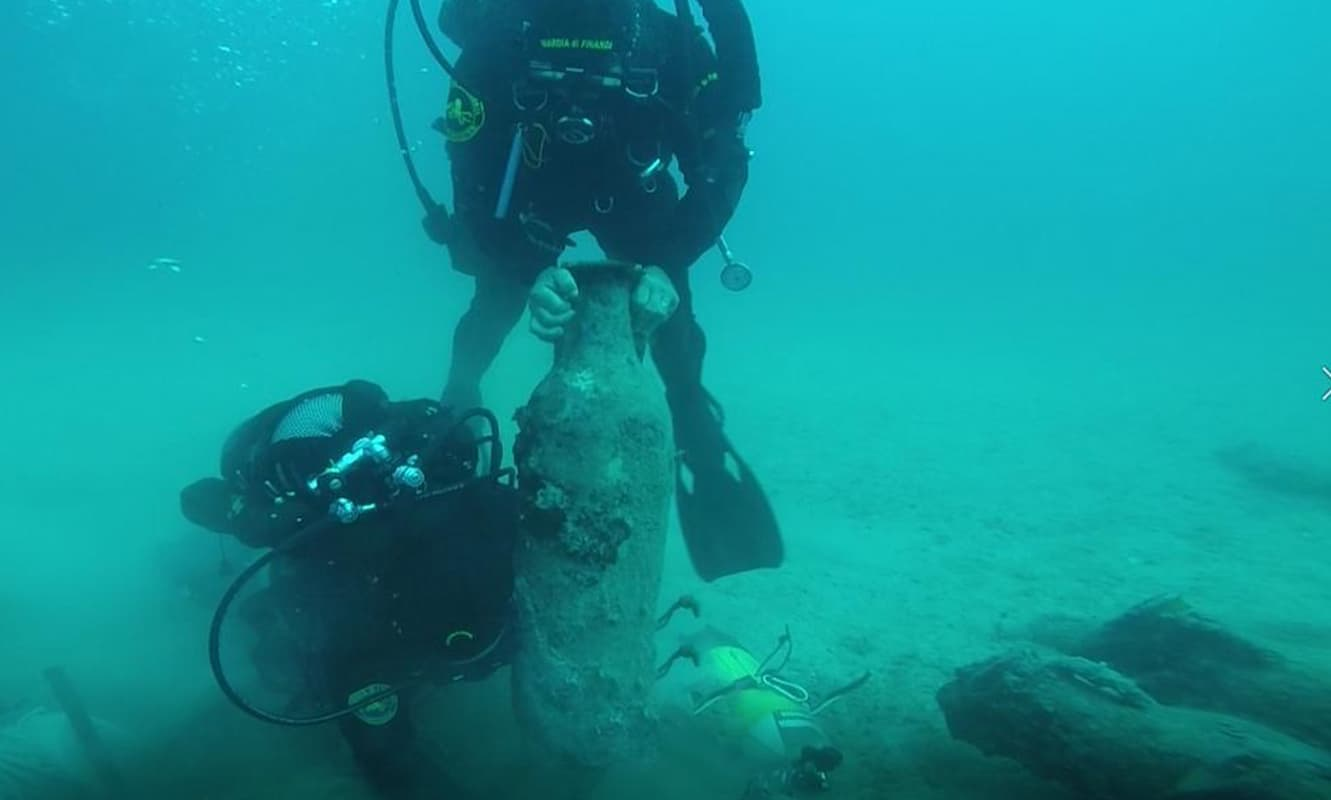The discovery of a remarkably preserved wooden cellar in the Roman city of Nida sheds new light on the ancient settlement's history and daily life. Situated in what is now Frankfurt's modern districts of Heddernheim and Praunheim, Nida was a significant Roman settlement during the Roman Empire, serving as the capital of the Civitas Taunensium.
The wooden cellar, recently uncovered by archaeologists from the Frankfurt Archaeological Museum, provides insights into the residential architecture and living conditions of the inhabitants of ancient Nida. Believed to be part of a Roman residential building constructed in the late first century AD, the cellar's location on the southern side of Nida's main streets indicates its importance within the urban landscape.
Evidence from the excavation suggests that the cellar was ravaged by a destructive fire, which completely destroyed the house it belonged to in antiquity. Charred beams, charcoal, and fire debris found throughout the cellar attest to the intensity of the blaze. Remarkably, some artifacts, such as a melted glass jar and iron utensils left on the cellar stairs, provide poignant reminders of the chaotic circumstances surrounding the fire. The findings indicate that residents were unable to salvage all movable objects from the cellar before the conflagration consumed the building.
The discovery adds to previous knowledge of fire debris found in Roman Nida, indicating that destructive fires were not uncommon in the ancient settlement. While similar finds have been unearthed in the past, this particular cellar stands out for its exceptional preservation and the insights it offers into the impact of fire on Roman domestic life.
Further analysis of the excavation finds will be crucial in determining the exact date of the cellar's construction and destruction, providing valuable information about the chronological development of Nida's urban landscape. Additionally, modern excavation methods employed in this discovery allow for a more thorough examination of the site compared to previous excavations, enhancing our understanding of Roman life in this ancient city.


